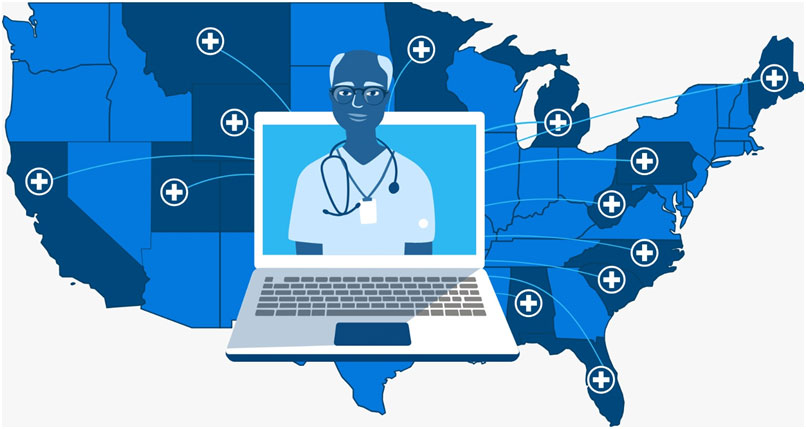

Credentialing is critically important for healthcare providers for several reasons:
- Patient Safety: Credentialing helps ensure that healthcare providers are qualified, competent, and meet established standards of care. Patients rely on the expertise and professionalism of their healthcare providers for safe and effective treatment. Credentialing helps protect patients from substandard care by verifying a provider's qualifications and credentials.
- Quality of Care: Credentialing evaluates a provider's education, training, and experience. It ensures that providers have the knowledge and skills necessary to deliver high-quality care to patients. This process helps maintain and improve the overall quality of healthcare services.
- Regulatory Compliance: Many healthcare regulatory bodies, such as state medical boards, require providers to undergo credentialing to practice legally. Compliance with these regulations is essential to avoid legal issues and maintain a provider's license to practice.
- Insurance Network Participation: To accept patients with insurance coverage, healthcare providers must be credentialed by insurance companies. Without credentialing, providers may be unable to bill insurance companies for their services, limiting their patient base and potential revenue.
- Medicare and Medicaid Reimbursement: Providers who wish to serve patients covered by government healthcare programs like Medicare and Medicaid must go through the credentialing process. This is essential to receive reimbursement for services provided to these patients.
- Professional Reputation: Credentialing can enhance a provider's professional reputation. Being credentialed indicates to patients and colleagues that the provider has met rigorous standards and is committed to maintaining a high level of competence.
- Malpractice Liability: Credentialing organizations often require providers to have malpractice insurance coverage as part of the credentialing process. This coverage protects providers in the event of malpractice claims, reducing their personal financial liability.
- Access to Hospital Privileges: Many healthcare providers need hospital privileges to perform certain procedures or admit patients to hospitals. Credentialing is typically required for granting these privileges, ensuring that providers are qualified to practice within hospital settings.
- Participation in Research and Clinical Trials: Some research institutions and clinical trial sponsors require credentialing to ensure that healthcare providers involved in research studies are qualified and can conduct research ethically and safely.
- Continuing Education: Credentialing organizations often require providers to engage in ongoing education and professional development. This ensures that providers stay up-to-date with advances in healthcare and maintain their competence throughout their careers.
In summary, credentialing is a vital process that benefits both patients and healthcare providers. It promotes patient safety, maintains the quality of care, ensures regulatory compliance, and opens up opportunities for providers to work with insurance companies, government programs, and hospitals. Ultimately, credentialing helps build trust between patients and healthcare providers and contributes to the overall integrity of the healthcare system.
Latest Blog


Why Credentialing is Important for Provider
2023-10-09 01:25:13